Stories

News & Analysis
A Dose of Advice: Tips on Covering Healthcare
In his 1999 book Development as Freedom, renowned economist and Noble laureate Amartya Sen stated that investment in healthcare can lead to success in meeting a wide range of development targets, such as those identified by the Millennium Development Goals (MDGs). Indeed, good healthcare improves quality of life, reduces morbidity and mortality, and raises economic productivity. As such, the World Health Organization (WHO) has recognised the importance of universal health coverage (UHC) and urged its member states to adopt programmes providing essential health packages.
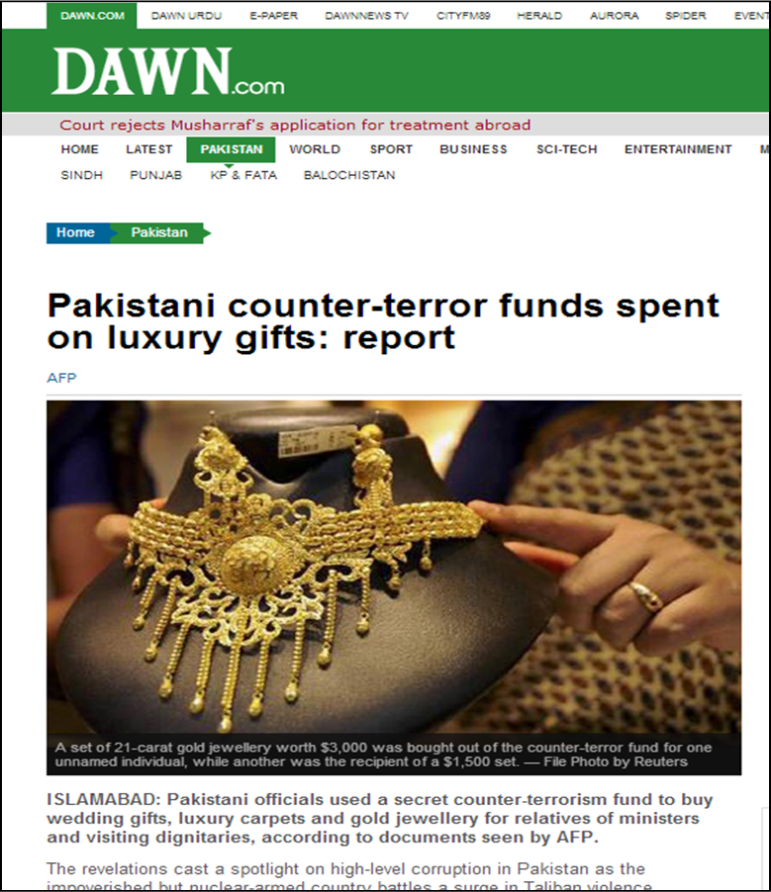
News & Analysis
“Don’t Talk of Hanging” – A Week of Investigative Reporting in Pakistan
How do you cover corruption in Pakistan’s national security agencies? With caution and plenty of guts. Such reporting got investigative journalist Umar Cheema kidnapped, tortured, and nearly killed in 2010, but the founder of the Center for Investigative Reporting in Pakistan hasn’t backed down. Check out the latest from the Islamabad-based Cheema, who this week revealed that elite counter-terrorism officials used a secret agency fund to buy wedding gifts, luxury carpets, and gold jewelry for relatives of ministers and visiting dignitaries.

Data Journalism
Top 10 #ddj: The Week’s Most Popular Data Journalism Links
What’s the data driven journalism (#ddj) crowd tweeting about? Here are the week’s Top Data Journalism Links on Twitter (for January 23-29). If you click on an image, you’ll be redirected to GIJN’s new Pinterest board, where you can find links to the stories.
This week our links include items from the Global Editors Network, Journalism.co.uk, Askmedia.fr (and GIJN’s own data resource page in Spanish. Thanks to Marc Smith of Connected Action for gathering the links and graphing them.
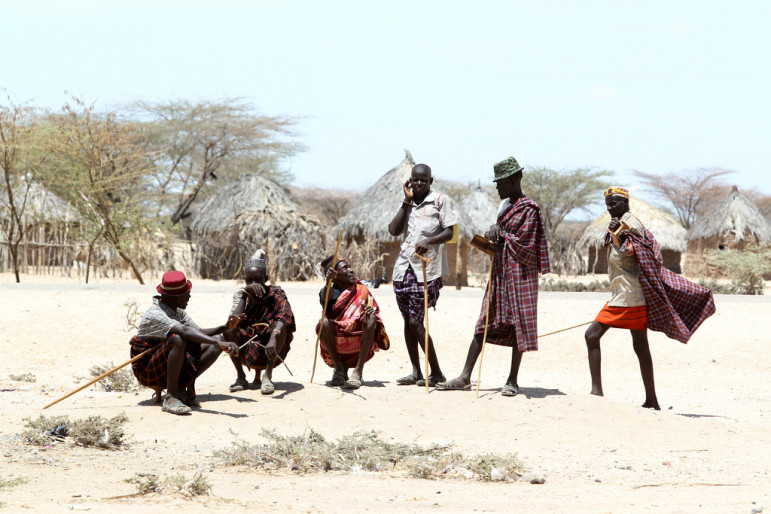
Data Journalism
Data Journalism Project Maps Drilling Profits and Aid in Kenya
In Kenya’s poor, dry Turkana region, recent discoveries of water and oil could change the lives of residents who depend on food aid for survival. In March 2012, the country’s President Mwai Kibaki announced that oil had been discovered in Turkana after exploratory drilling by an Anglo-Irish oil firm. And last year, UNESCO announced that large reserves of groundwater had been discovered in the drought-ridden area. How much will the new resources help Kenyans, and how much of the new wealth will flow back to European investors? The answer is complex, but a team of data journalists is working to make it more clear. Land Quest, a cross-border investigative journalism experiment which launched last week in beta, is using data to illuminate the competing financial interests in Kenya. It maps the flow of aid money from Europe to Kenya, and the flow of profits from Kenya back to Europe.
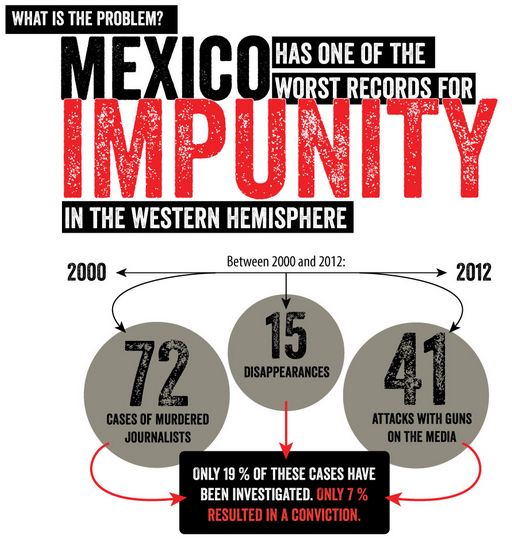
News & Analysis
Infographic: Mexican Journalists Face Worst Dangers

Data Journalism
Mapping Data Journalism on Twitter
This intriguing graph depicts a network of 989 Twitter users whose tweets from January 13 to 24 contained the hashtag “#ddj” (data-driven journalism). We’re pleased to see that our site gijn.org was among the top domains and our data journalism resource page among the top URLs that appeared. This work is the brainchild of Marc Smith (@marc_smith), a sociologist of “computer-mediated collective action” who, among his varied activities, maps social media networks that reveal “the key people, groups, and topics discussed in a public conversation.”

News & Analysis
“In Order To Fight a Network, You Need To Create a Network”
Paul Radu of the Organized Crime and Corruption Reporting Project gave an engaging talk at the recent TEDxBucharest gathering, looking at the globalization of crime and how investigation reporters and public-interest hackers can push back. Among the topics he covers: Russian money laundering, European horse meat, and Azerbaijan corruption. Says Radu: “In order to fight a network, you need to create a network.”
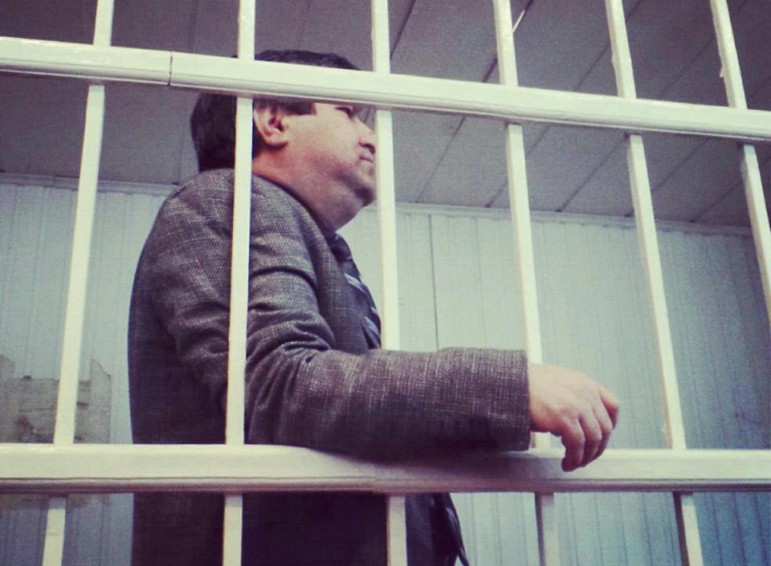
News & Analysis
Shining Light Winners Donate Prize Money to Jailed Journalist
Winners of the Global Shining Light Award have donated their US$1000 in prize money to the family of imprisoned Azerbaijani journalist Avaz Zeynalli. The Shining Light Award honors investigative journalism in a developing or transitioning country, done under threat or duress. Zeynalli was editor in chief of the daily newspaper Khural, one of a handful of independent media voices in the repressive, oil-rich nation of Azerbaijan, which lies at the borders of Russia, Iran, and Turkey

Reporting Tools & Tips
People Problems in a Small Media Organization (Part 2)
In People Problems Part 1, we talked about two common kinds of complaints that you as a manager might hear. “I don’t think Karl is showing enough commitment to his work.” “The technical staff is being rude to our salespeople.” Here is a method for developing your colleague’s problem-solving skills, followed by how to apply it in these two cases. If you focus on developing your people, your organization will develop far more rapidly than if you focus on just the num.

Reporting Tools & Tips
People Problems in a Small Media Organization (Part 1)
If you are leading a team in a small media organization, you need to get the best out of your people. Everyone has to be a contributor. This is not just a selfish thing. You get the best out of people by helping them develop their own talents, overcome obstacles and reach their own professional goals.

News & Analysis
Violence, Impunity Take No Holiday for Ukraine Journalists
While most of the Christian West woke up on Christmas morning to messages of peace on earth and goodwill to mankind, events in Ukraine continued down a bloody and almost heathen, medieval path. The physical assaults in the last month on journalists, activists, and demonstrators are too numerous to keep track of without a scorecard and a timeline. But the trend is so clear that even the most witless criminal investigator can see the pattern.
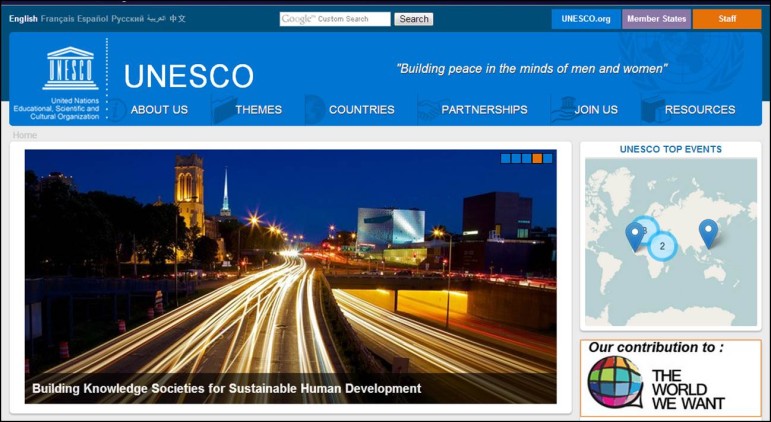
News & Analysis
UN Endorses Journalism Safety, Investigative Reporting

News & Analysis
Should Investigative Journalists Partner with Business?
The setting was a recent conference on “Business in Society” at INSEAD, the business school based outside of Paris, where the authors of this article were presenting their ideas on media development. Unexpectedly, an executive from a major shipping company stood up and said: “We just learned that one of our sub-contractors in a certain country is in organized crime. We want more investigative reporting, so we can avoid such issues.”
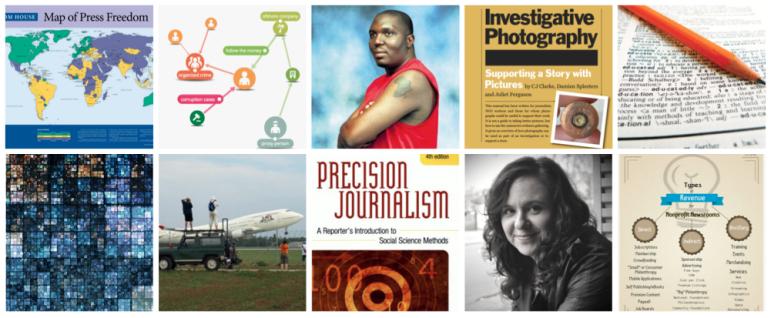
The GIJN Top 10: Our Most Popular Stories of 2013
As 2013 nears an end, we’d like to share our top ten stories — the stories that you, our dear readers, found most compelling. The list ranges from impassioned calls for journalists to fight back to the dangers of big data, from the latest techniques for tracking business across borders to the arcane practice of plane-spotting. Please join us in taking a look at The Best of GIJN.org.
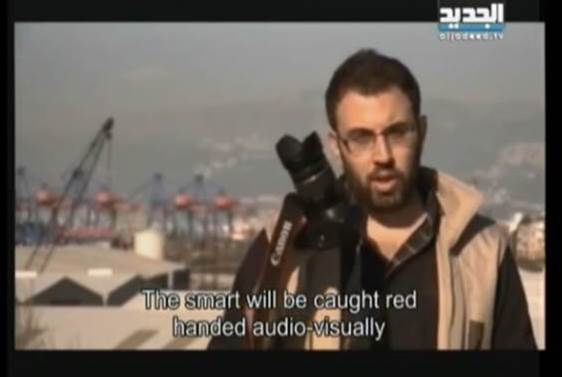
News & Analysis
ARIJ Awards Showcase Gutsy Reporting Across Middle East
Amid media crackdowns, civil war, and social unrest, 350 journalists from Tunisia to Iraq gathered in Jordan earlier this month for the annual conference of Arab Reporters for Investigative Journalism (ARIJ). Despite arduous conditions across much of the Middle East and North Africa, the conference provided strong evidence that the region’s best journalists are continuing to fight the good fight — pushing hard against censorship and bringing world-class investigative reporting to the Arab world. The event, ARIJ’s sixth annual gathering, took place in Amman from December 6-8.

GIJN Newsletter: GIJC13 Highlights, After Rio, End of Year Appeal
Our just-released newsletter, the Global Network News, includes highlights of the 8th Global Investigative Journalism Conference, as well as a big thanks to all of you who made it possible. You’ll also find an update on the big decisions that came from the Rio meeting of GIJN’s Steering Committee, made up of our 90 member organizations.
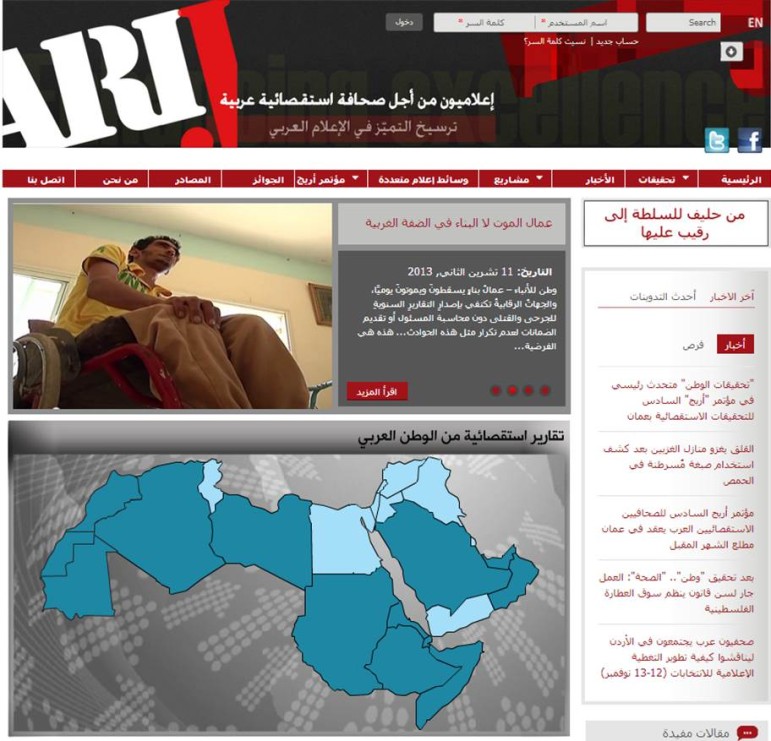
News & Analysis
Media’s Arab Spring Turns to Winter
Let me tell you how I think it will go from here. Free speech – always a lonely and sickly child in the Arab world – is already back in intensive care throughout the region.
Street protests will gradually die out. Dissenters will continue to be arrested and given harsh sentences. Sustained government propaganda will convince any waverers that political stability and economic prosperity are far more important than personal freedoms, rule of law, universal human rights, and democratic values.
Despite the wishful thinking of the crowds, the final chapter of the Arab Spring is being written: it is about over.

Methodology Research
Paper Trails: Following the Civil Rights Movement’s Records

News & Analysis
The Rise of Digital Repression: Interactive Infographic
Online is no refuge: The PEN American Center, an association of writers and others working to defend free expression, created this interactive report to showcase the global rise of digital repression, using data from its case files over the past 12 years.
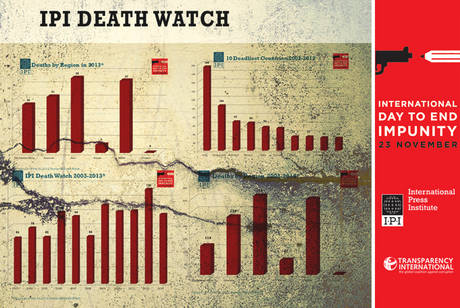
News & Analysis
Today: Int’l Day to End Impunity
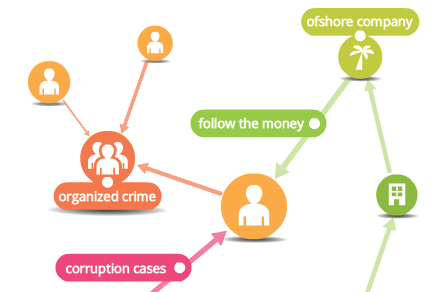
Reporting Tools & Tips
Research Tools for International Business Investigations
Investigative stories are just a click away. But to find them, you need to look in the right place. Marty Steffens, from the University of Missouri, and Paul Radu, from the Organized Crime and Corruption Reporting Project in Romania, presented some of the best search tools on the Internet other than Google at the Global Investigative Journalism Conference. They are often used as the starting point for almost all research on international business.
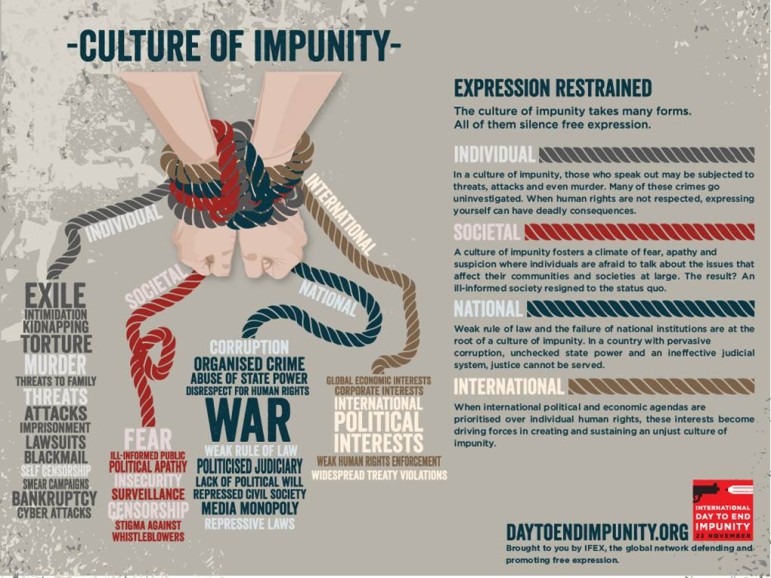
News & Analysis
International Day To End Impunity Slated for Nov. 23
Impunity is defined as “without punishment, without consequences.” It has become a shorthand way to describe the thousands of attacks on journalists and freedom of expression around the world each year. IFEX, the global network of 88 groups defending free expression, each year organizes an International Day to End Impunity. This year it takes place November 23, with events every day this month. Over the past ten years, more than 500 journalists have been killed, and in 9 of 10 cases their killers have escaped — with impunity.
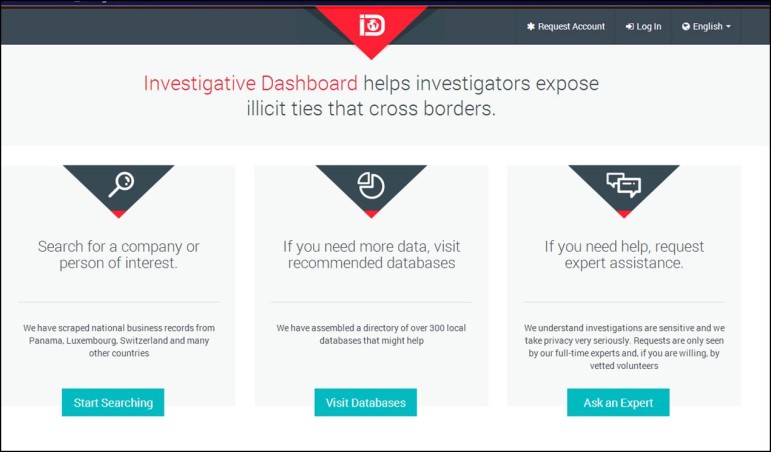
Reporting Tools & Tips
Investigative Dashboard Relaunches
Participants at the Global Investigative Journalism Conference last week got a preview of the newly redesigned Investigative Dashboard, a research tool to help journalists get access to business records around the world. Developed by GIJN member Organized Crime and Corruption Reporting Project, this week OCCRP formally launched ID at the Conflict in a Connected World conference sponsored by Google Ideas, which has supported development of the new tool.
